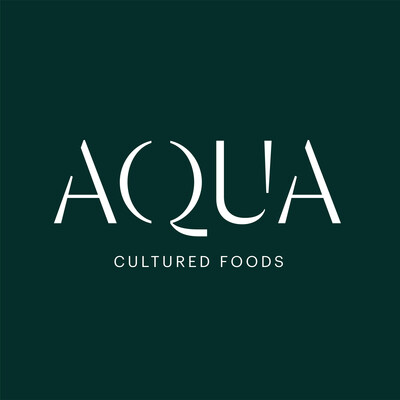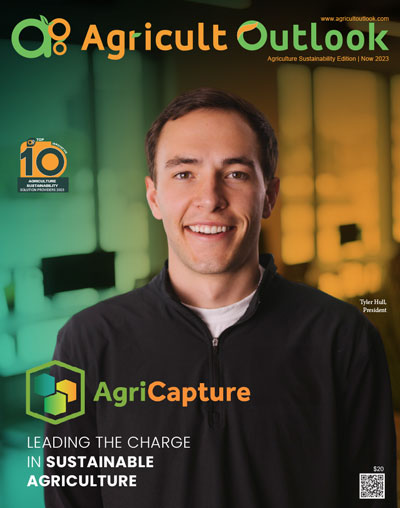AQUA Cultured Foods, a food tech company producing alternative seafood options through the use of microbial fermentation, has officially announced a partnership with Gingko Bioworks to further optimize its innovative fermentation technology and elevate the quality of its fish-free seafood products. Under the agreed terms, AQUA will leverage Ginkgo’s microbial characterization and analytics to mark a major breakthrough in alt-seafood production. You see, as AQUA uses an assortment of microbes that work synergistically to make alt seafood appetizing and affordable, Gingko will apply its high throughput next-generation sequencing and advanced analytics services to help optimize and tune AQUA’s strains, and therefore, set the stage for an enhanced manufacturing process. Not just the for manufacturing process, AQUA also plans on using Gingko’s capabilities to scale up R&D and further optimize its microbes’ collection to establish consistent, high-quality products. By doing so, the company hopes to ensure that the microbes in question can be used not just for producing whole-cut and ground alt-seafood products, but also in unique flavors and textures for the broader food industry.
“We couldn’t be happier to partner with AQUA and get to work with their cutting-edge technology. This collaboration aligns beautifully with our commitment to work on projects that embody innovation and sustainability. AQUA’s groundbreaking fermentation technology is reshaping the future of alt-seafood, and we at Ginkgo are thrilled to contribute to this transformative journey. Together, we’re paving the way for a more sustainable and responsible approach to meeting the world’s growing food demands,” said Mervyn de Souza, Senior Director of Business Development at Ginkgo Bioworks.
To understand the significance of such a development, though, we must take into account the research which claims that there are serious health risks associated with eating both wild-caught seafood from the ocean. You see, according to the U.S. Environmental Protection Agency, contaminated fish are a persistent source of toxic polychlorinated biphenyls (PCBs) and mercury in the human diet. As for farmed fish, it comes with its own risk of antibiotics and pesticides. Not just human health, fish farming also causes enormous damage to the environment. This is because untreated waste from farmed fish, including excess feed, decomposing fish, excrement, and chemical residue, can pollute waterways and create toxic algal blooms. Beyond human health and environment, the whole fish farming industry has proven to be damaging for other species. With practices like bottom trawling and long-lining, the fish farming process affects endangered animals, such as sea turtles, dolphins, and whales.
Coming back to the partnership in question, it will build upon AQUA’s existing knowhow in providing alt seafood products that have the texture, taste, and appearance of fresh-caught fillets. More on the texture bit would reveal that, alongside microbes, the company also uses plant-derived flavors that replicate the buttery consistency and umami notes found in fresh-caught seafood. Thus far, AQUA has launched tuna and scallops, both the products capable of remaining fresh and tender for upto six weeks.
“Today marks a significant step towards revolutionizing alternative seafood production. AQUA’s commitment to sustainable seafood aligns with Ginkgo’s dedication to innovation. Our partnership aims to accelerate our technology, bringing our delicious products to market faster. With Ginkgo’s expertise in working with microbes, we are confident in optimizing and applying our technology to create the most delicious seafood products possible,” said Stefan Baier, PhD, Chief Science Officer of AQUA Cultured Foods.




